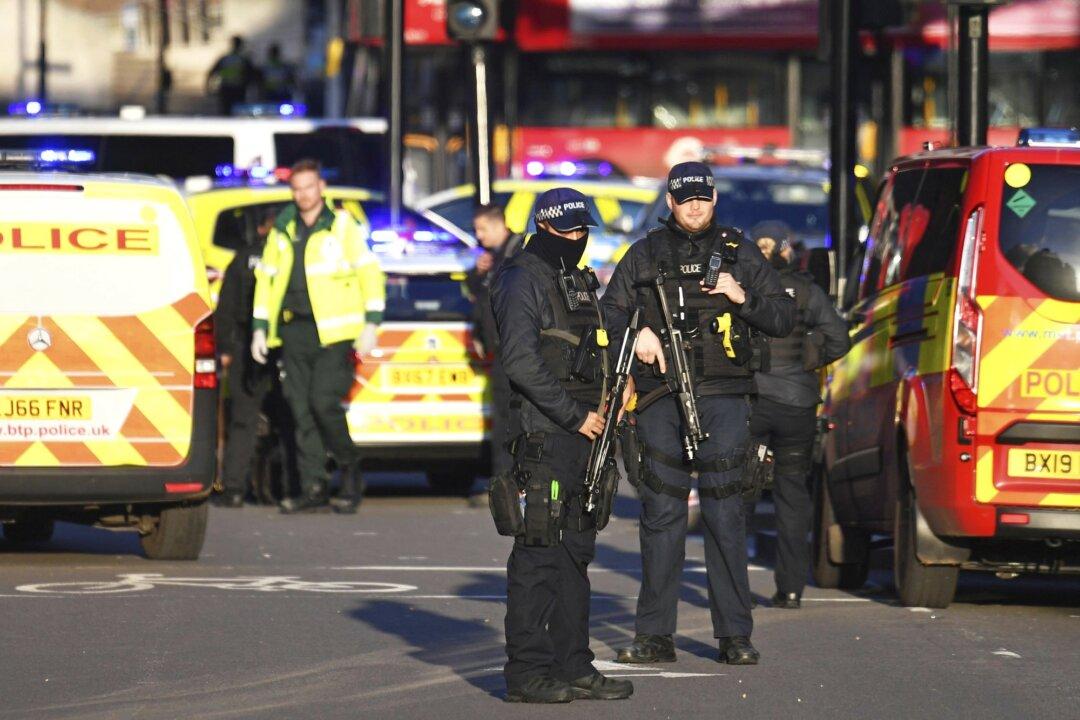The disproportionate number of young black males being stopped by UK police under its stop and search power is not due to officers being racist, a former senior detective said on Monday.
Instead, he said, they are being stopped in higher numbers than other ethnicities because they are more frequently involved in street robberies, “county lines” drug dealing, gang violence, and knife crime, including murder, where the victims are themselves usually black people.





